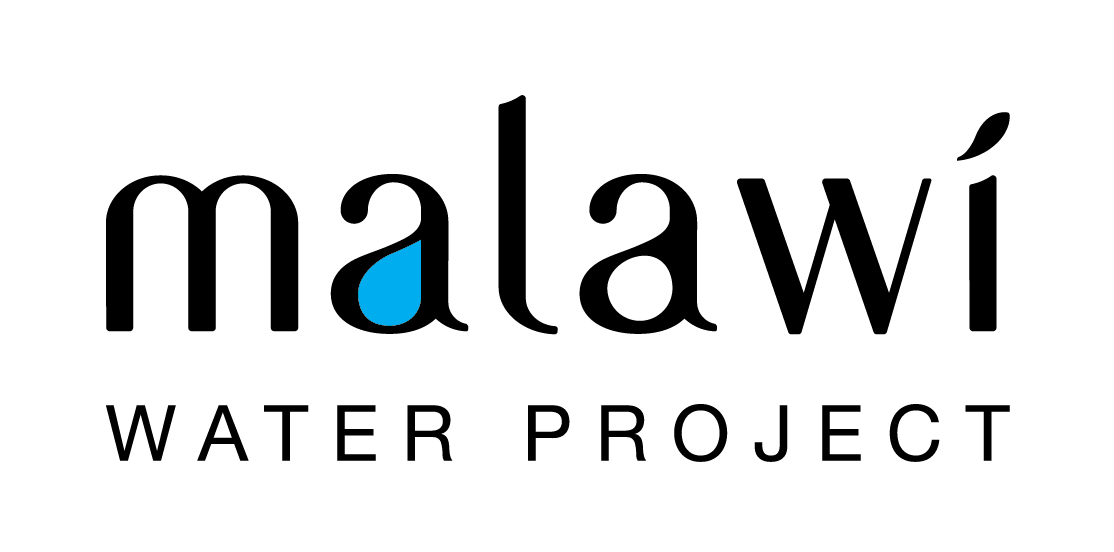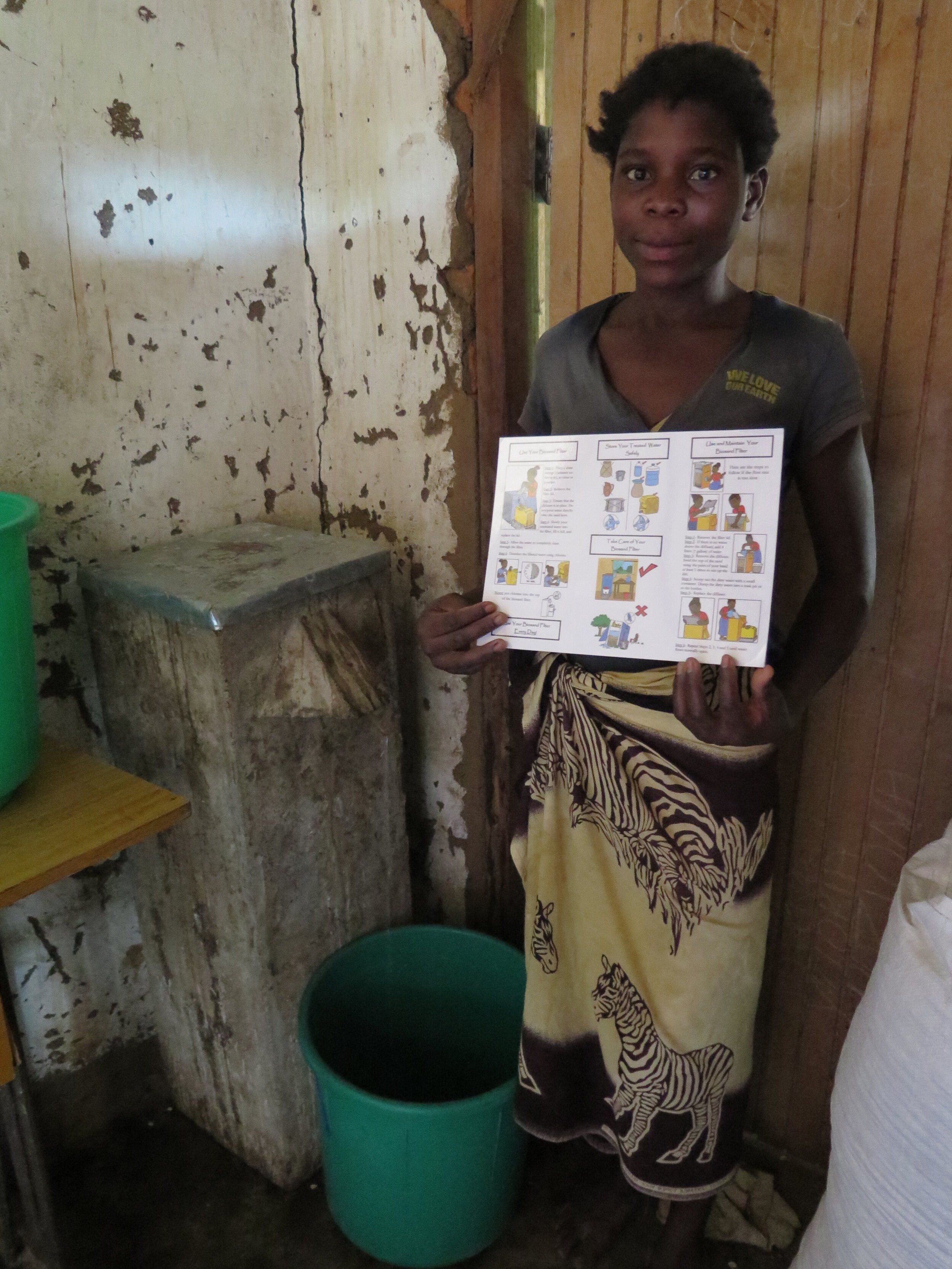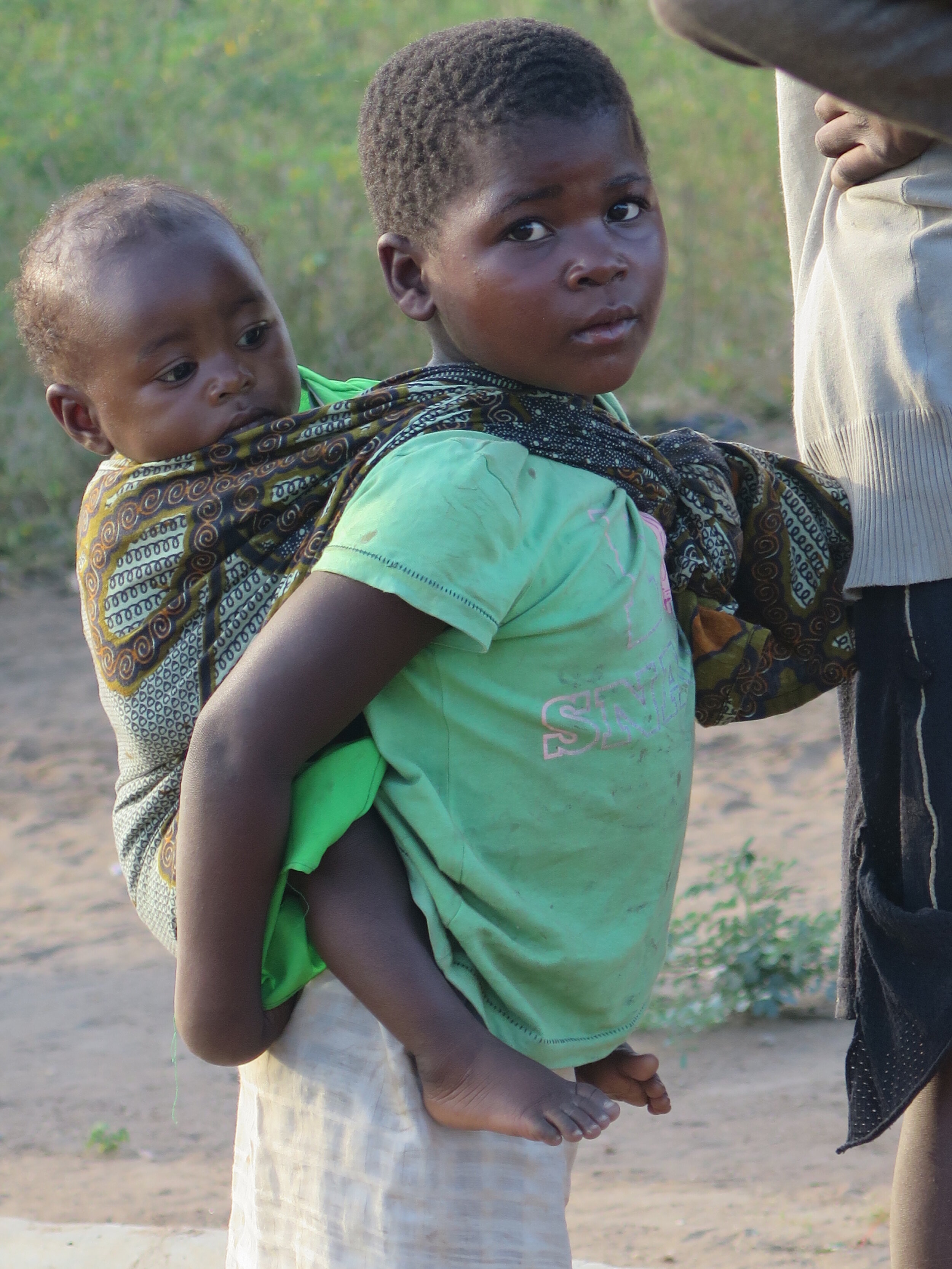Reaching the Most Vulnerable
Malawi Water Project Report for 2015
IMG_3881
Truck load of maize
Volunteer CHP Central
Malawi Trip 2015 702
IMG_3125
Malawi Trip 2015 721
Malawi Trip 2015 704
IMG_3651
NGO Week demonstration for the Minister
NGO Week Preparing the Display
IMG_4101
IMG_3633
IMG_3690
IMG_3670
IMG_3638
The year started out ominously with widespread flooding hitting the Mfera area in the south of Malawi where we have one of our three filter construction sites. Almost 200 people died and almost one –hundred thousand people lost everything, their homes, their livestock and their crops –starvation became a threat. Our donors rose to the occasion and donated over $3000 to help with flood relief. We took the funds on our trip to Malawi and they were used to buy maize and maize flour. We were honoured to be able to participate in some of the distribution of the maize with Father Raphael Mponda who had organized a list of those most vulnerable, those who would need the food until their crops could be replanted and grow again. Thanks to those who generously donated to help those half way round the world in crisis. You don’t know how much of a difference you made to many people’s survival!This year proved to be the year of the volunteer for the Malawi Water Project. We have several villagers who believe strongly in helping the families in their villages implement health and sanitation practices that will reduce illness. When we were in Malawi in May we distributed red T-shirts with Volunteer Community Health Promoter printed on them so that the volunteers have official status within the villages. We feel so lucky to have these committed volunteers who have very little and who will come out and spend all day undertaking the backbreaking task of washing sand for the filters and other hard labour in return for lunch and a bar of soap. Without them we wouldn’t be able to provide clean water to as many people as we do.From January 1, 2015 to December 31, 2015 we installed 385 filters and reached 3041 people with information on proper sanitation and hygiene. This year we placed more emphasis on the follow-up of the filters to make sure every one of them is working and providing clean water. The picture below of one of the owners shows she is happy to receive a laminated instruction sheet telling her how to properly maintain their filter.Along with supplying a filter to a family, our Community Health Promoters teach the family how to construct hand washing stations or tippy taps and how to construct dish drying racks to keep clean dishes away from the ground and the animals. Families are also taught how to build proper latrines or outdoor toilets away from their water sources and houses.More and more people are becoming aware of the biosand filter and are requesting to have one in their homes.We are very thankful to have received a grant in 2015 from the Community Initiatives Program administered through the Alberta Government Department of Culture and Tourism. This grant was awarded through the International Development Program. It is given to organizations working in developing countries who have raised at least the amount of the grant through our own fundraising activities. With the grant we have been able to provide more filters to families and to reach more people with information on proper sanitation and hygiene.A filter has been sold by our South team to a Malawian at full price so this is a milestone for the Project. Proceeds from the sale will be used to subsidize filters that are going to very poor villagers who cannot afford to pay full price for their filters. This is the start of our Project becoming self-sustainable in the country.We are supplying yellow jerry cans with each filter and instructing owners to clean the jerry cans and use only these containers for storing filtered water. This way we can be assured that the filtered water is not being contaminated in the home by being put in the same containers that are used to bring the water into the home.After participating in an NGO event in the capital of Malawi we received some recognition for our project when one of the government ministers visited our booth, very exciting for our three field coordinators who were manning the booth and showcasing the filter.Lastly we dipped our hand – so to speak- into water testing with the help of some American university students who were in the country on a water project. This is something we hope to do more of in 2016, both to ensure the filters are working correctly and to provide evidence to those who have any doubts that the filters work. Other plans for 2016 are to set up a permanent construction site on our recently secured parcel of land and drill a borehole. We also hope to set up a maize mill or other service as a way of generating income for the project, improving the lives of the people and moving towards making the project more self-sustaining.We are so thankful to our many donors and want to reassure them that we carefully monitor and spend your money to have the most beneficial impact. It bears repeating that we are all volunteers on the Malawi Water Project and essentially all money donated goes to Malawi and is spent on the water project, including paying salaries to the project’s 22 employees and volunteers in Malawi. With your help we are bringing clean water to the most vulnerable children and families in rural Malawi. We would not be able to do it without you!















